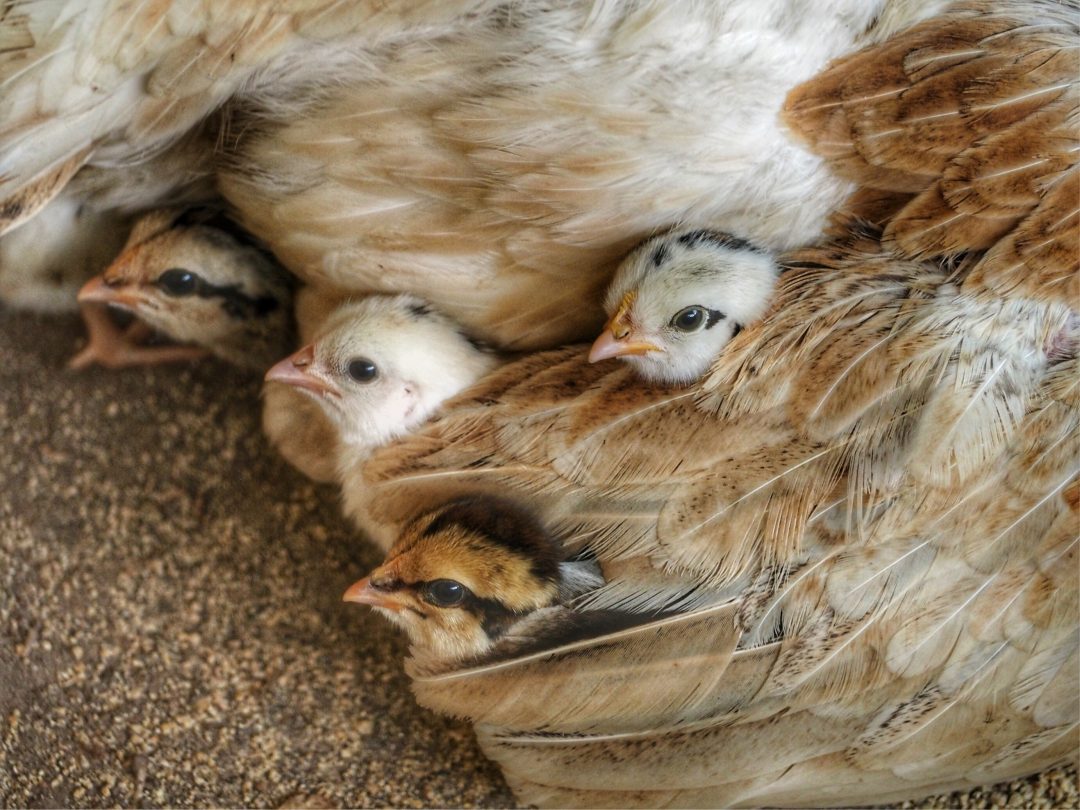Mothering Sunday 2024
Sermon at St Edward’s Church.
Readings: Hosea 11: 1-4 & Luke 15: 1-10
You might have noticed I rarely use ‘he’ when referring to God. I tend to use God or Godself as a pronoun. It’s a personal preference, the reason being scripture uses various phrases to think about God with traditionally male and female traits. We don’t often think about God’s female characteristics do we? And yet if we read the creation narrative in Genesis 1:27, God created humankind in God’s image, male and female they were created. So if all – male and female – are created in God’s image, then God has to be both male and female right?
Not gender-less but perhaps gender-full?
Now the last time I said this in a sermon (not here!) I got some flack for it. But I really don’t want you to get derailed by it. I know Jesus talks about God as Father and I am not seeking to take away from that, I just want us to look at a wider view of who God is – it does not take away from who God is, in fact the opposite: I think it gives us a fuller picture of who God is, when we think about God’s female characteristics as well.
In fact there are several scriptures that talk of God in more feminine terms, or as a mother, we have had 2 of them this morning.
Thinking about God in a feminine way is inclusive, it’s scriptural, and it’s valid.
So, let me ask you, I wonder how many of us have ever considered God as a mother?
Because in our Hosea passage we heard God’s words, talking about Ephraim – one of the tribes of Israel – and saying:
Yet it was I who taught Ephraim to walk, I took them up in my arms; but they did not know that I healed them. I led them with cords of human kindness, with bands of love. I was to them like those who lift infants to their cheeks. I bent down to them and fed them.
Hosea 11: 3-4
We might say now that that language could be used for any parent, but we have to admit, especially for the era in which is was written, it is using language describing a mother. A mother who has taught her child to walk, held them in her arms, loved them, kissed them, fed them.
In Isaiah 66 God says of Jerusalem, or the people of God:
For thus says the Lord: I will extend prosperity to her like a river, and the wealth of the nations like an overflowing stream; and you shall nurse and be carried on her arm, and dandled on her knees. As a mother comforts her child, so I will comfort you; you shall be comforted in Jerusalem.
Isaiah 66: 12-13
God bringing a mother’s comfort to the people of God.
For some of us this might feel uncomfortable – I mean if I said to you how would it be if we began the Lord’s prayer: ‘Our Mother in heaven’? Perhaps that would too much? Perhaps it feels wrong. It feels unfamiliar, it is not what Jesus taught?
And yet for some of us thinking about God as a Father can be equally as problematic. Just as today can be difficult for many of us. If we have not had parents who loved us or treated us as they should have done, if we’ve been through trauma, if we are not a parent and have longed to be. Perhaps God might give us the picture of a perfect mother who loves with no bounds, unconditionally, and does not let us down.
What I am encouraging us to do is to think about God in a wider sense than we might have done. To give us a fuller picture of the God we worship in ways that might be comfortable for us where we are at.
In Matthew 23 and Luke 13 Jesus laments over Jerusalem and he says:
‘How often have I desired to gather your children together as a hen gathers her brood under her wings, and you were not willing!
Matt 23:37
Echoing words from Psalm 91:4 (my paraphrase)
God will cover you with God’s feathers, and under God’s wings you will find refuge.
A mother hen is the one who gathers her brood under her wings. Jesus talks of himself of how he longs to be with his people, as a mother hen does for her chicks. It is such a beautiful and powerful image. An image of a protective mother, keeping her brood safe from harm, who might sacrifice herself to a predator to keep her offspring safe, to give her life for her children. Just as Jesus did for us. We often think about the power of God or God as a protector but I wonder whether we think about it in this way, a more feminine metaphor?
When might an image like this be helpful to us? perhaps when we are facing a tough time, we might need protection, but we also need love and compassion? Or a God who provides ‘a safe space’ or simply of a place to rest in God’s presence.
Or when might that image from Isaiah be helpful for us – a God who comforts like a mother? Perhaps when we are grieving, or sad, or we’ve been let down.
Deuteronomy 32:11-12 talks of God as an eagle with its young:
As an eagle stirs up its nest, and hovers over its young; as it spreads its wings, takes them up, and bears them aloft on its pinions,the Lord alone guided him; no foreign god was with him.
A God who carries us when we are weak, when we need to learn, when we are growing.
Psalm 56 talks of a God who keeps track of our sorrows, who collects our tears in a bottle. (Ps 56:8 NLT). Perhaps that might be a comfort to us when we are brought to tears.
In our Luke reading we heard both the parable of the shepherd going after the lost sheep and the woman who had lost a coin, both talking of God who goes after what is precious. In the 2nd the woman represents God going after a lost coin – a lost child.
Why did he use 2 parables to say the same thing? Perhaps to give a wider view of God – God as shepherd and God as a woman. Both displaying such joy when they find what is lost. Just as God rejoices over one person who turns to the Lord. As we see today with someone choosing to follow Jesus and to be baptised – there will be much rejoicing in heaven today!
Jesus broke the status quo, the stereotypes of the day, he challenged their narrow thinking. This morning I want to challenge your thinking too.
When we turn to Christ we begin a journey of faith. When we are baptised we are at the start of that journey, a journey of learning more about who God is, about who God has made us to be, and how to live following Jesus. As we get older, as we grow, our faith should grow too as we invest in it.
So I encourage you today wherever you are at on your journey of faith, to challenge yourself, perhaps in the week ahead, to see what it might mean for you to think about God as a mother or the mothering characteristics of God.
Amen





No Comments